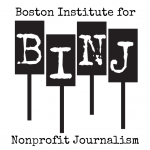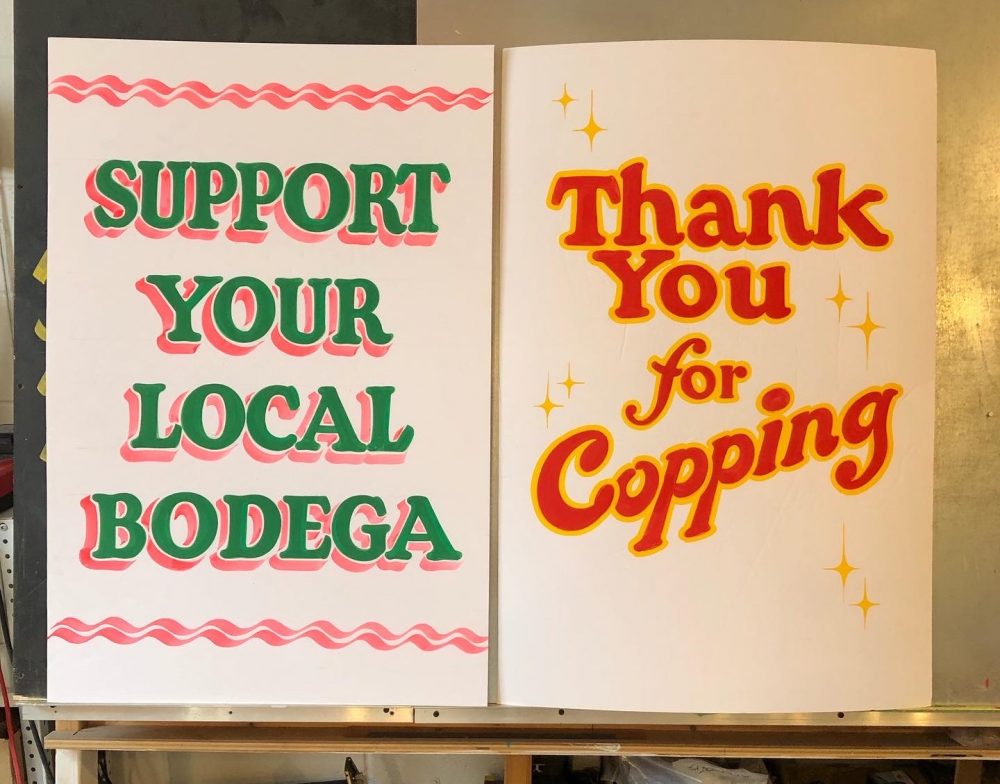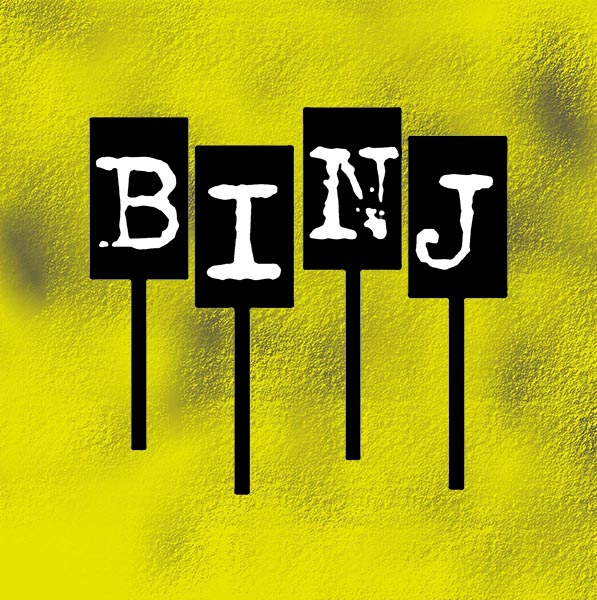All images courtesy of Kenji Nakayama
“Like many creatives during this pandemic, I had been going through a particularly foggy period… Driving around and seeing these homemade signs, it was so clear how I could directly contribute.”
Go for a walk in Boston and you’ll see them.
Paper signs, windows, or sandwich boards with hand-painted letters announcing, “We Are Open for Delivery & Take Out,” “Face Mask Required,” “Please Be Mindful of Social Distancing,” or simply, “Thank You For Your Support.”
Across businesses as diverse as Tribe Barber, the wine bar haley.henry, and the acclaimed Chinese-American restaurant Mei Mei, signs featuring letters in the same distinct, vintage style have appeared seemingly overnight, as if painted by some retail guardian angel.
As it turns out, there’s a reason why these placards appear so similar.
They’re the work of Kenji Nakayama, a Boston-based sign painter and owner of Need Sign Will Paint. Through his business, he has previously created signage, gold-leaf lettering, and window painting for local small businesses and restaurants. You may have seen his work at Bodega, Mamaleh’s, Pammy’s, and a lot of other spots.
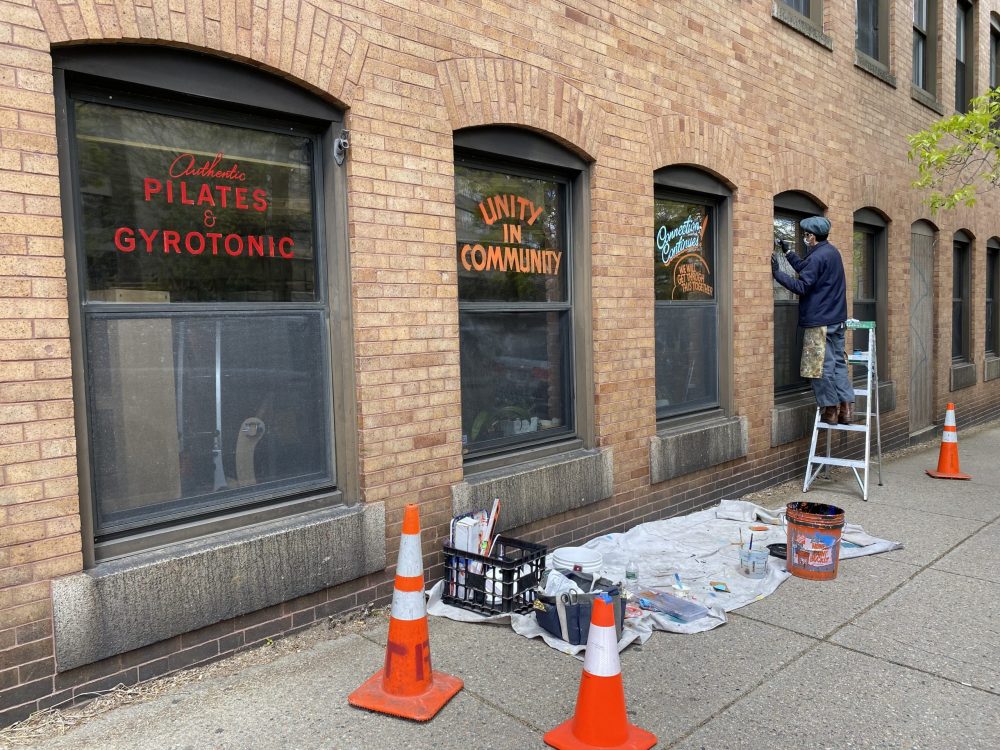
Restaurants constituted a majority of Nakayama’s clients pre-pandemic, and the industry’s subsequent lockdown froze much of his work. But traveling through Boston convinced the artist that signage is needed now more than ever.
“I was driving and walking around the city during lockdown and saw a good amount of painted storefront windows and homemade paper signs,” Nakayama tells DigBoston. “Not only were these to communicate practical/functional things, but also there were many uplifting, positive messages that really got me thinking.”
It was enough to take Nakayama out of his funk, and back to work.
He continues, “Like many creatives during this pandemic, I had been going through a particularly foggy period… Driving around and seeing these homemade signs, it was so clear how I could directly contribute.”
Spurred into action, Nakayama took to Instagram in late April to announce his willingness to make signs at either no cost or a below-market rate for small businesses and restaurants trying to support their employees and communities. The post drew an immediate response from local businesses—all of which chose to compensate Nakayama for his labor, despite his offer of pro-bono work.
Nakayama says the post helped him re-connect with local businesses.
“It started a dialogue in an approachable way for people,” he says. “Talking to each business owner and coming up with some quick solutions has been really exciting and fulfilling. It’s been especially enjoyable to talk with so many great people in a time when we’re all socially distant.”
What each business has required from Nakayama’s brush has varied, from practical reminders of social distancing procedures to positive messaging.
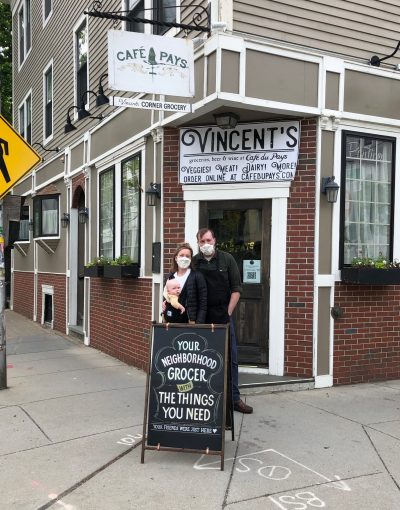 “For every small business that has had to pivot and make significant changes, there is a need to communicate these changes to their customers,” the artist says. “Because of this, the majority of the signs that I’ve been making reflect each place’s most important, basic messages. There’s a need to simply tell the customer how they can order or buy, and what they’re offering for the most part.”
“For every small business that has had to pivot and make significant changes, there is a need to communicate these changes to their customers,” the artist says. “Because of this, the majority of the signs that I’ve been making reflect each place’s most important, basic messages. There’s a need to simply tell the customer how they can order or buy, and what they’re offering for the most part.”
“Some places, like Smart Body Movement, have also hired me to paint positive messages on their windows, and others like Mei Mei ordered paper signs highlighting what makes them unique,” Nakayama says. “In a time when we can’t go inside places as we used to, these storefronts are playing a bigger role in customer experience.”
While the signs convey messages tailored to each business’ reopening needs, their aesthetic remains consistent. Nakayama explains that his “go-to” lettering styles are block, italic, and casual, which were commonly used by sign painters in the United States after WWII. These distinct lettering styles, matched with his clean layouts, explain the signs’ vintage appeal.
For Nakayama, having the freedom to work in his preferred aesthetic has been satisfying.
“I’m enjoying the different types of sign inquiries that have been coming in and have been designing everything myself lately versus painting another designer’s logo,” he says.
Through it all, there’s one particular design that Nakayama has worked with the most.
“I’ve been giving away ‘Thank you for your support’ signs that I painted, as a way local restaurants can show gratitude to their customers,” he says. “The repetition of painting this same message over and over with slight variations has been fun.”
Messages vary, but in all cases there’s something signs communicate beyond words.
“I think it is nice to see hand-painted temporary windows and signs, especially during this difficult time,” Nakayama says. “It clearly shows that someone spent his or her time decorating the storefront for the business and the community, and that is the sign of care and love to others.”

